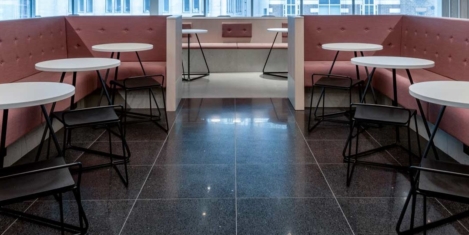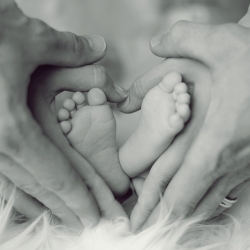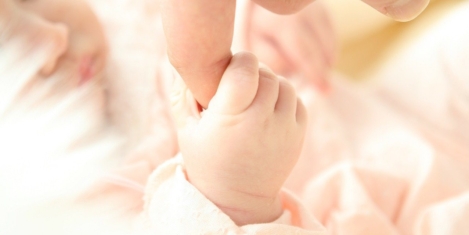To provide the best experiences, we use technologies like cookies to store and/or access device information. Consenting to these technologies will allow us to process data such as browsing behaviour or unique IDs on this site. Not consenting or withdrawing consent, may adversely affect certain features and functions.
The technical storage or access is strictly necessary for the legitimate purpose of enabling the use of a specific service explicitly requested by the subscriber or user, or for the sole purpose of carrying out the transmission of a communication over an electronic communications network.
The technical storage or access is necessary for the legitimate purpose of storing preferences that are not requested by the subscriber or user.
The technical storage or access that is used exclusively for statistical purposes.
The technical storage or access that is used exclusively for anonymous statistical purposes. Without a subpoena, voluntary compliance on the part of your Internet Service Provider, or additional records from a third party, information stored or retrieved for this purpose alone cannot usually be used to identify you.
The technical storage or access is required to create user profiles to send advertising, or to track the user on a website or across several websites for similar marketing purposes.
 Women’s average working hours have taken a far smaller hit during the pandemic than men’s, with women who do not have children now working longer hours than ever before – in marked contrast to predictions of a ‘shecession’ at the start of the pandemic, according to new research by the Resolution Foundation. (more…)
Women’s average working hours have taken a far smaller hit during the pandemic than men’s, with women who do not have children now working longer hours than ever before – in marked contrast to predictions of a ‘shecession’ at the start of the pandemic, according to new research by the Resolution Foundation. (more…)






 A new report from the RSA and Vitality warns of the potentially serious impact on the long-term physical and mental health of employees. The authors claim that the ‘long lockdown effect’ should lead employers to see health and wellbeing as important strategic issues and place them on the company’s risk registers. With the shift to more flexible working cultures now set to continue,
A new report from the RSA and Vitality warns of the potentially serious impact on the long-term physical and mental health of employees. The authors claim that the ‘long lockdown effect’ should lead employers to see health and wellbeing as important strategic issues and place them on the company’s risk registers. With the shift to more flexible working cultures now set to continue, 
 Research from
Research from 
 In the face of the revolutionary and long-lasting changes to workplaces across the world resulting from the pandemic, some commentators have suggested that the wide-spread necessity of adopting remote working practices may have made the office obsolete. However, such a dramatic upheaval to the very foundation of the workplace and working dynamic won’t come without a cost, and new data suggests that perhaps the office isn’t the dinosaur many assumed, but still a central pillar to effective businesses as part of a hybrid working strategy.
In the face of the revolutionary and long-lasting changes to workplaces across the world resulting from the pandemic, some commentators have suggested that the wide-spread necessity of adopting remote working practices may have made the office obsolete. However, such a dramatic upheaval to the very foundation of the workplace and working dynamic won’t come without a cost, and new data suggests that perhaps the office isn’t the dinosaur many assumed, but still a central pillar to effective businesses as part of a hybrid working strategy. 
 Women taking maternity leave collectively lose out on £3.2bn worth on earnings, a fall of nearly half their average annual salary, claims new research from
Women taking maternity leave collectively lose out on £3.2bn worth on earnings, a fall of nearly half their average annual salary, claims new research from 
 Work-life balance charity
Work-life balance charity 








 Employers should prepare themselves for a dramatic rise in staff taking shared parental leave, a new
Employers should prepare themselves for a dramatic rise in staff taking shared parental leave, a new 







January 22, 2021
Working parents present new and important challenges for employers
by Katie Davenport • Comment, Flexible working, Legal news